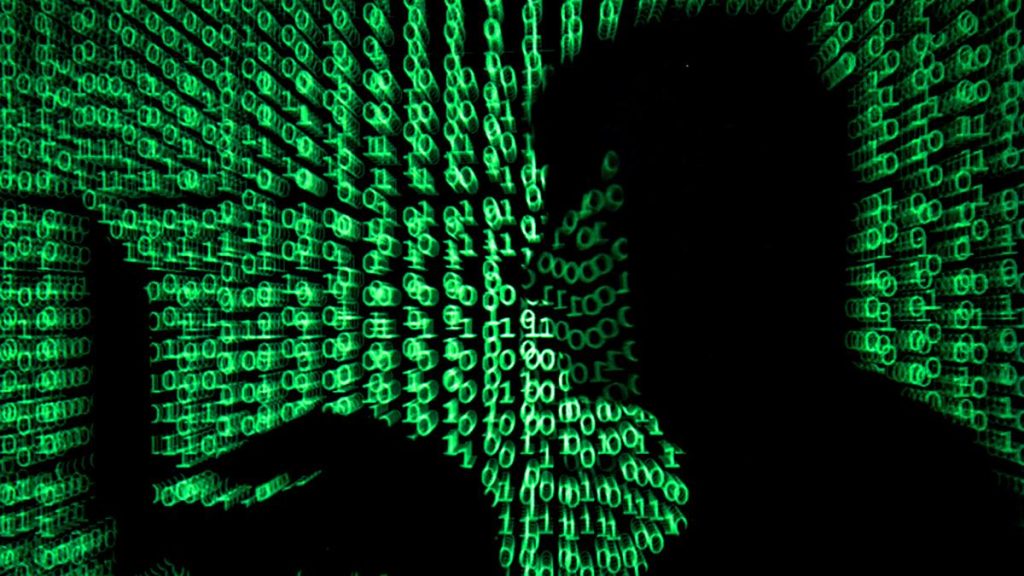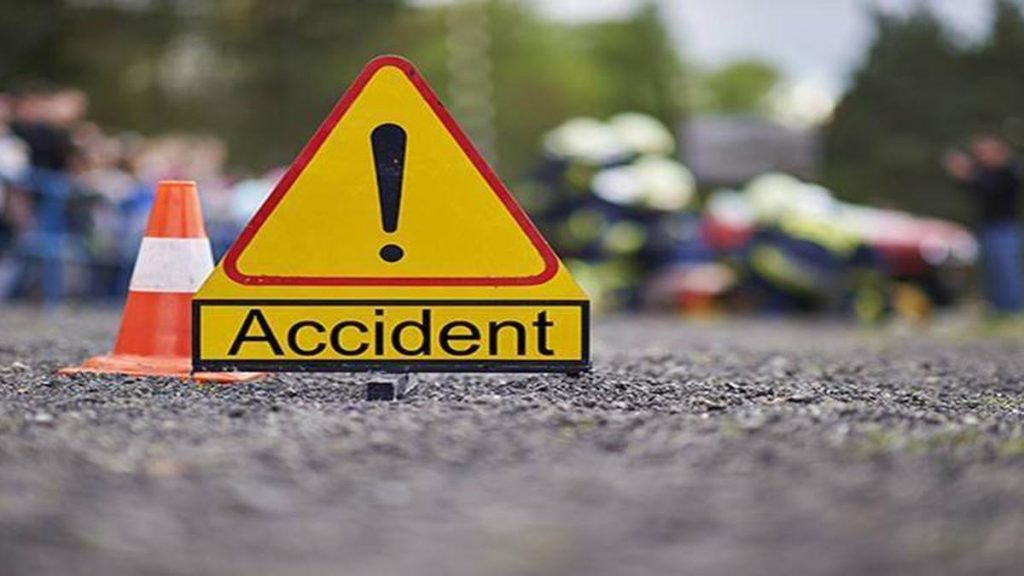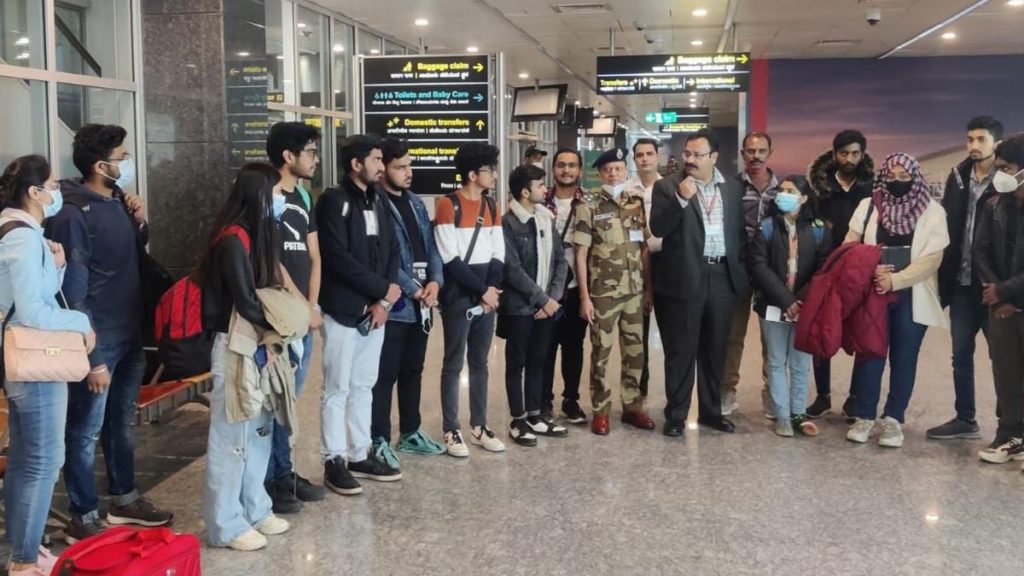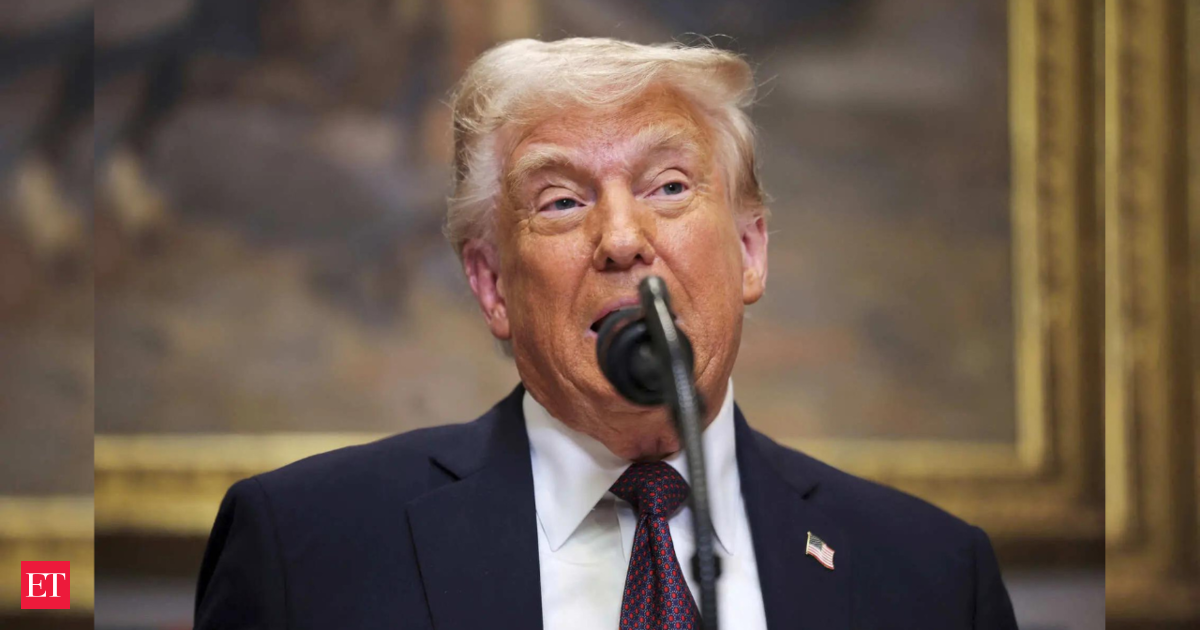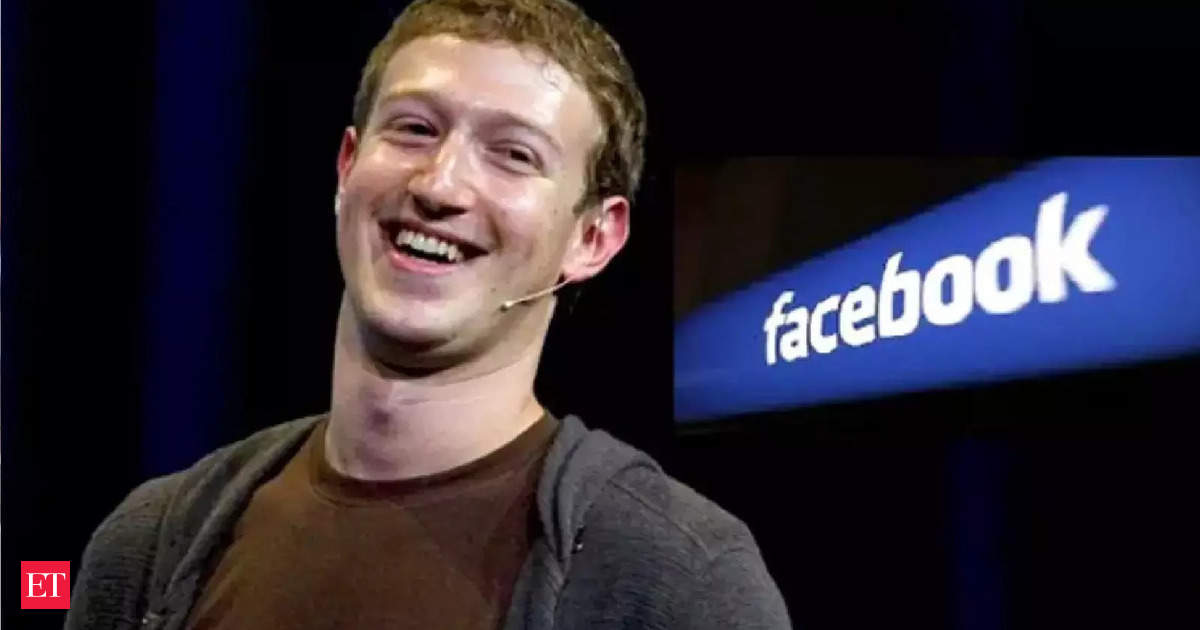Now Reading: Varma Inquiry Panel Inspects Alleged Cash-Burning Site
-
01
Varma Inquiry Panel Inspects Alleged Cash-Burning Site
Varma Inquiry Panel Inspects Alleged Cash-Burning Site
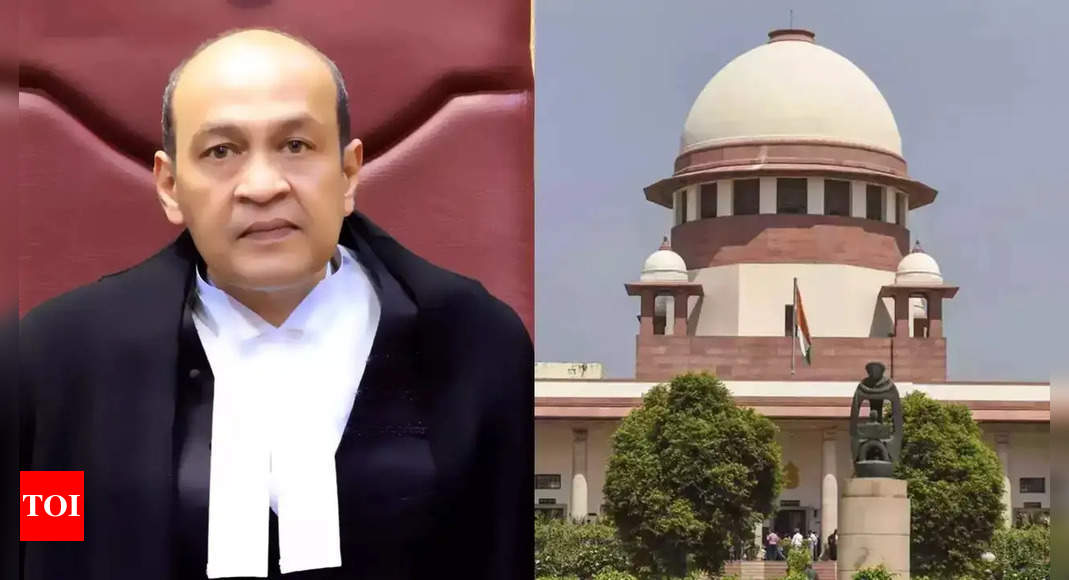
Quick Summary
- A judicial inquiry panel visited Justice Yashwant VarmaS official residence at Tughlaq Crescent to investigate allegations involving cash-burning in the outhouse storeroom on March 14.
- The panel includes Punjab & Haryana HC Chief Justice Sheel Nagu, Himachal HC CJ G S Sandhawalia, and Karnataka HC’s Justice Anu Srinivasan. They spent 45 minutes examining the site and comparing it with police video footage showing piles of smouldering cash.
- Key witnesses identified include Delhi fire department chief (who previously had conflicting statements), firefighters from Safdarjung fire station, and police personnel from Tughlaq Road Police Station who initially responded to the incident.
- Firefighters reportedly received a distress call at 11:35 PM on March 14 and extinguished the flames by around 1:56 AM; however, debris allegedly containing half-burnt items was removed later that morning.
- Delhi Police Commissioner Sanjay Arora alerted Delhi HC CJ D K Upadhyay on March 15 about evidence of burned cash at the residence along with supporting photos and videos. Call data records for six months from Justice varma’s phone(s) will also be examined as part of this investigation.
Indian Opinion Analysis
The ongoing inquiry into events surrounding alleged cash-burning raises critical questions about clarity within India’s judiciary-a cornerstone of public trust in governance systems. The case highlights procedural diligence with multiple witnesses being summoned alongside technological investigations like call data analysis to reconstruct events accurately.This investigation could have significant implications for institutional accountability by setting precedents for handling misconduct or suspicious activity involving high-ranking officials like judges. Moreover, resolving discrepancies (such as conflicting statements by key witnesses) will be vital in ensuring credibility in findings that may affect not just individual reputations but broader perceptions of justice governance in India.
Given its sensitivity, impartiality is paramount throughout this inquiry process while balancing public demand for clarity without jeopardizing established legal protections during proceedings.


